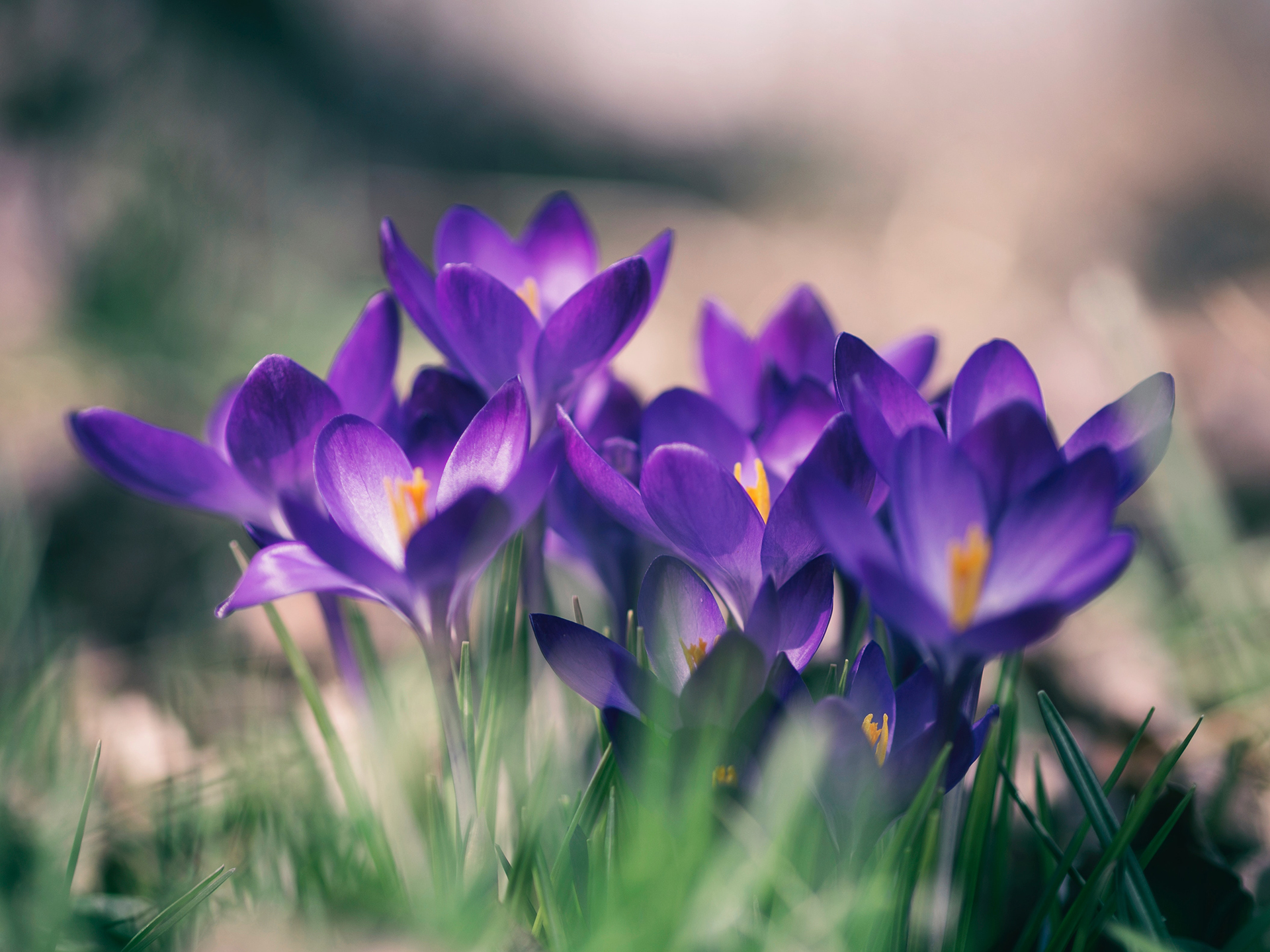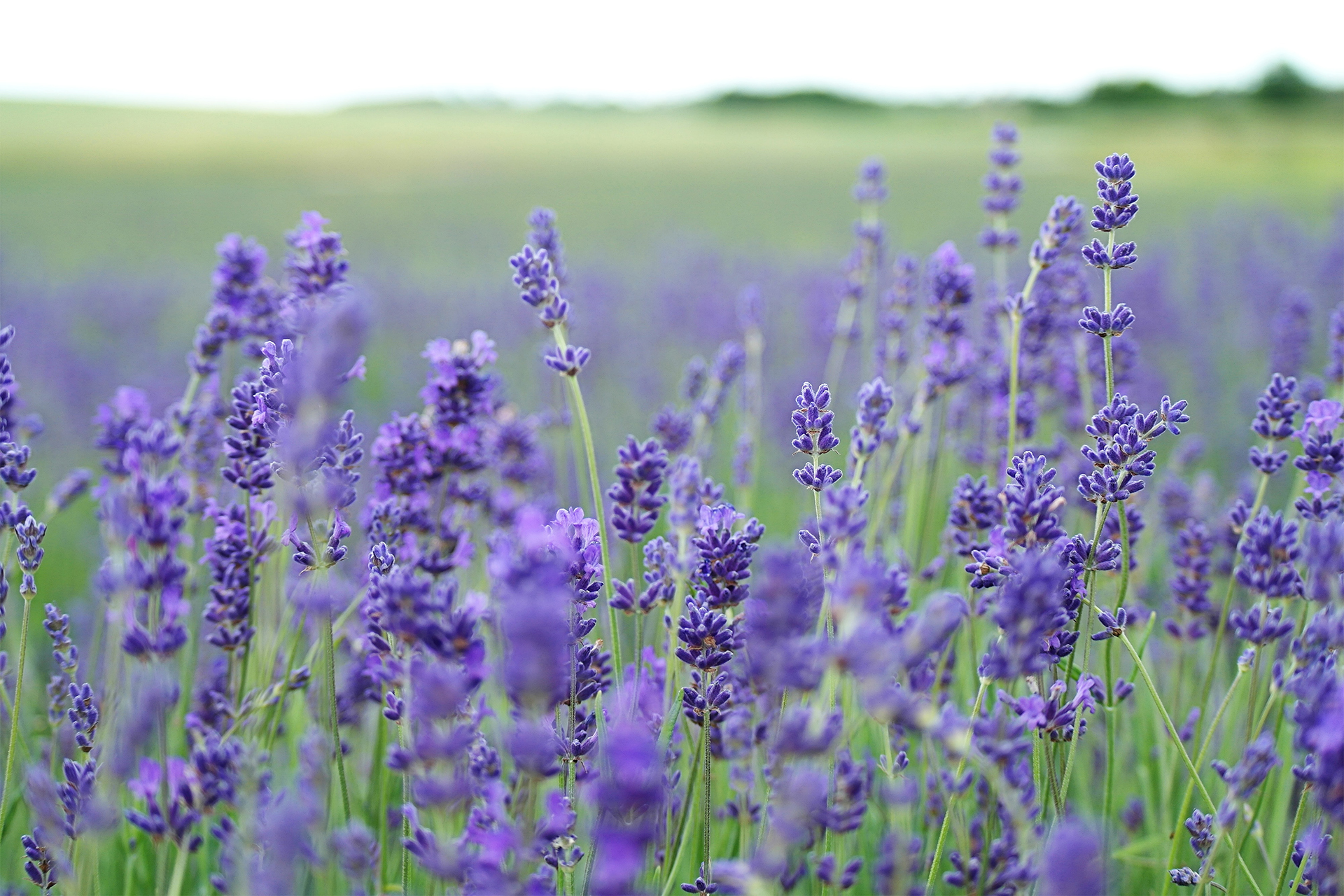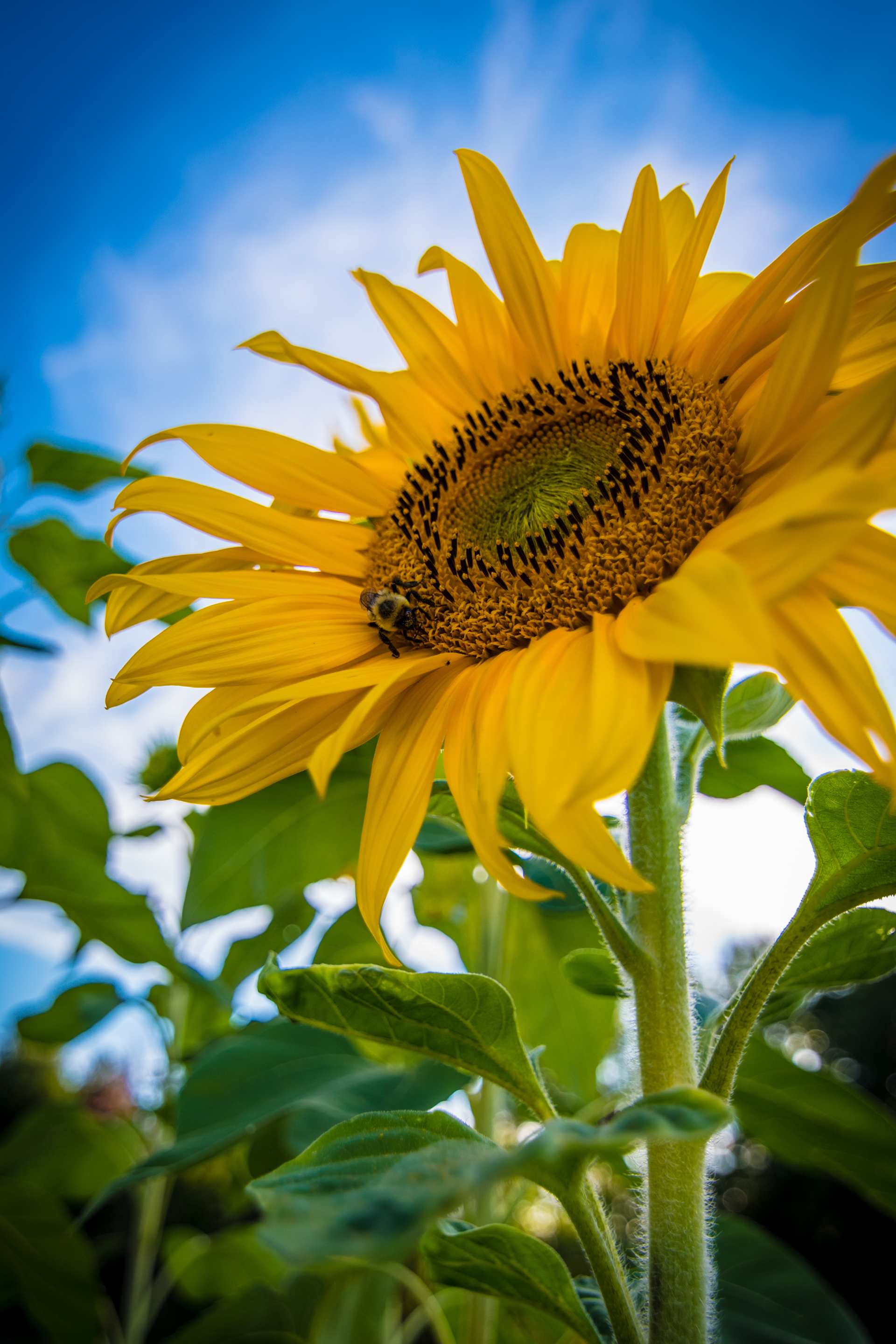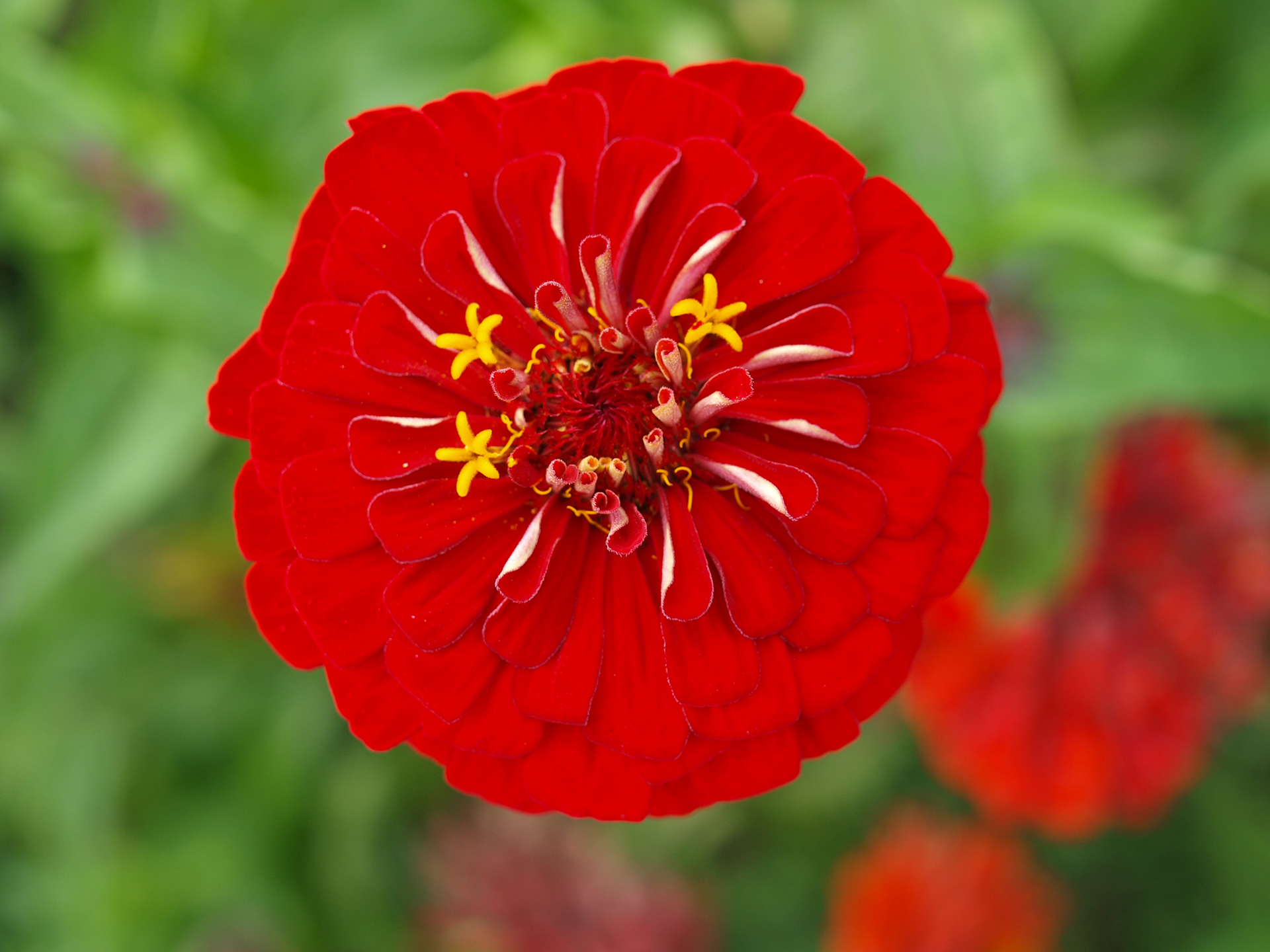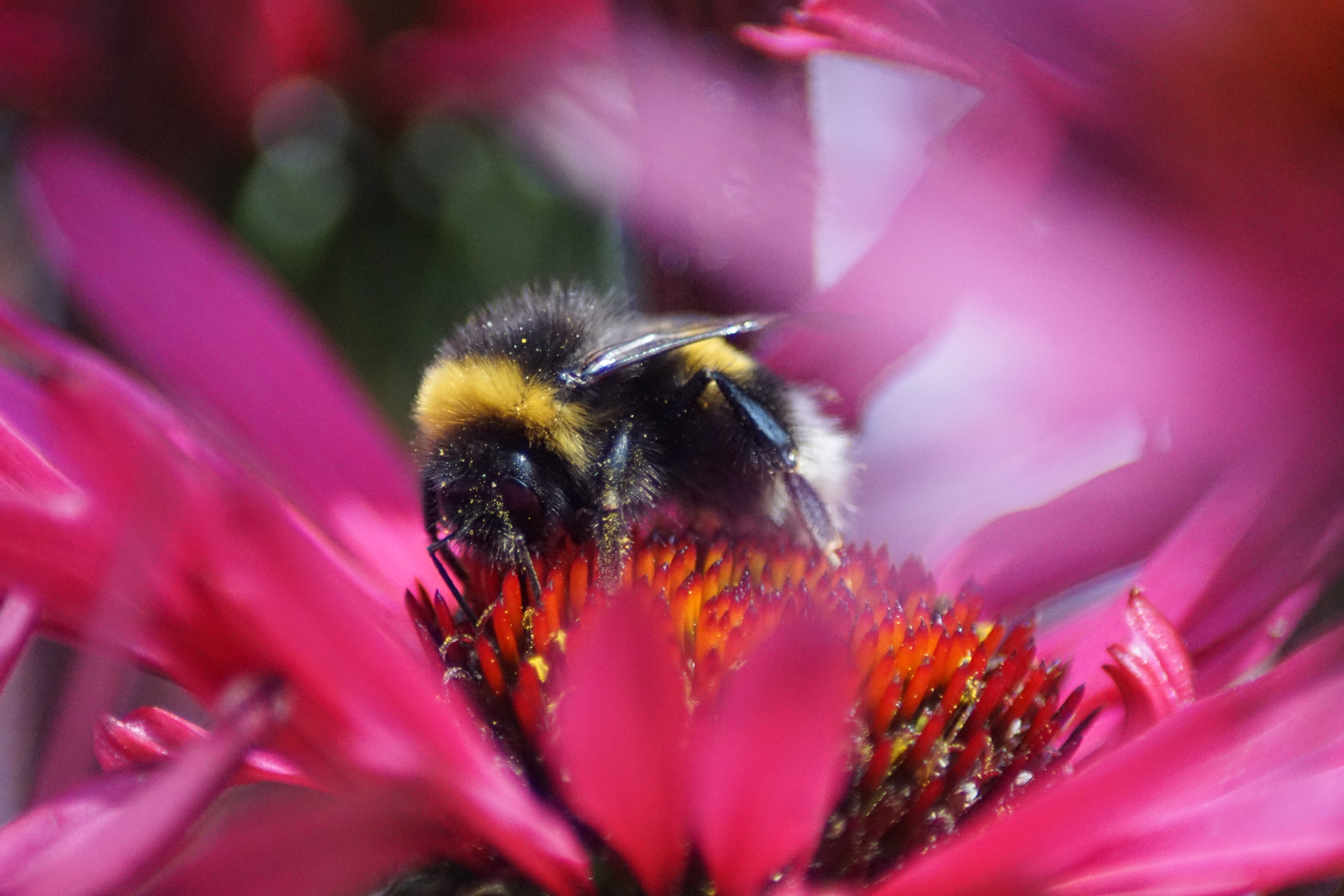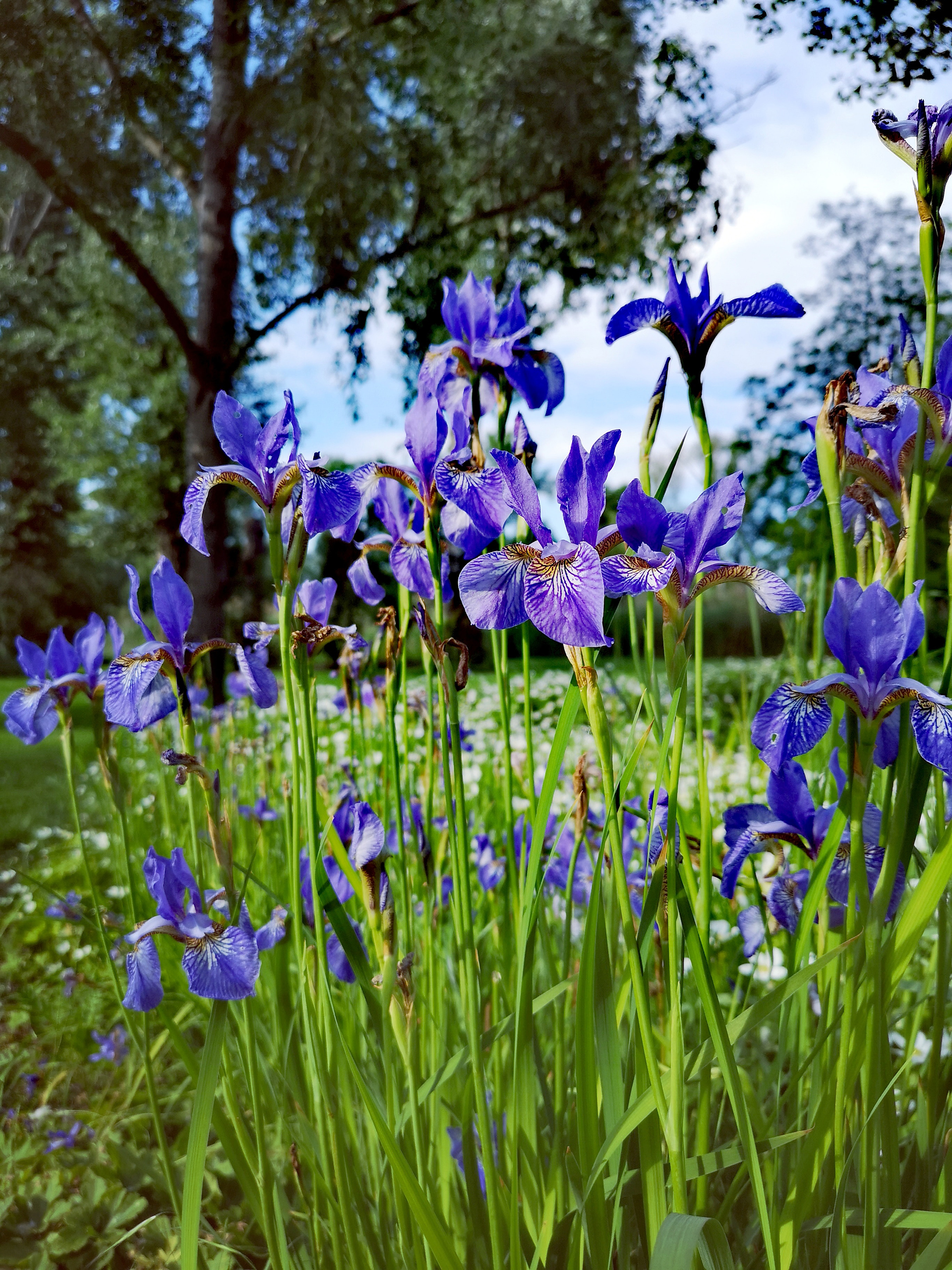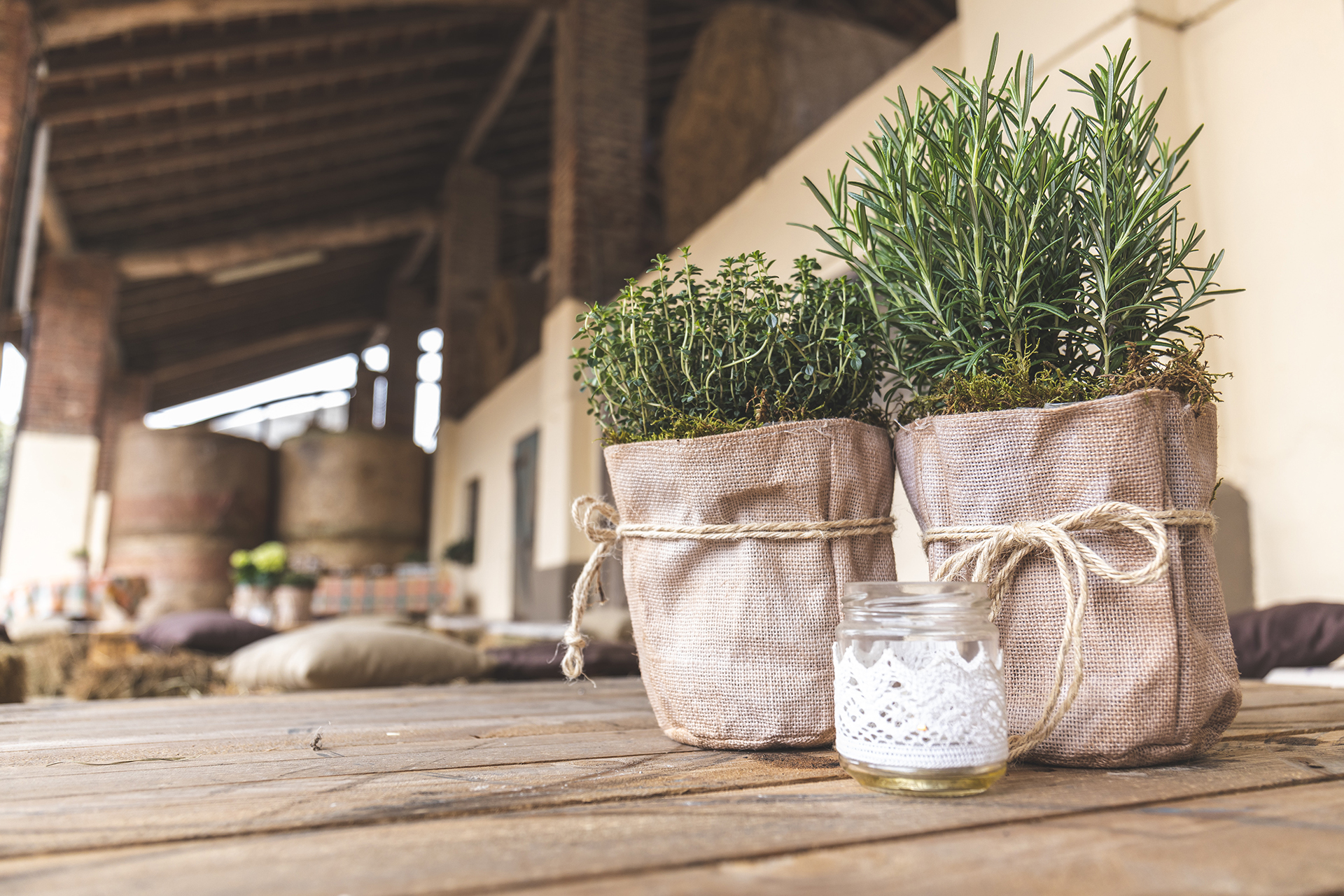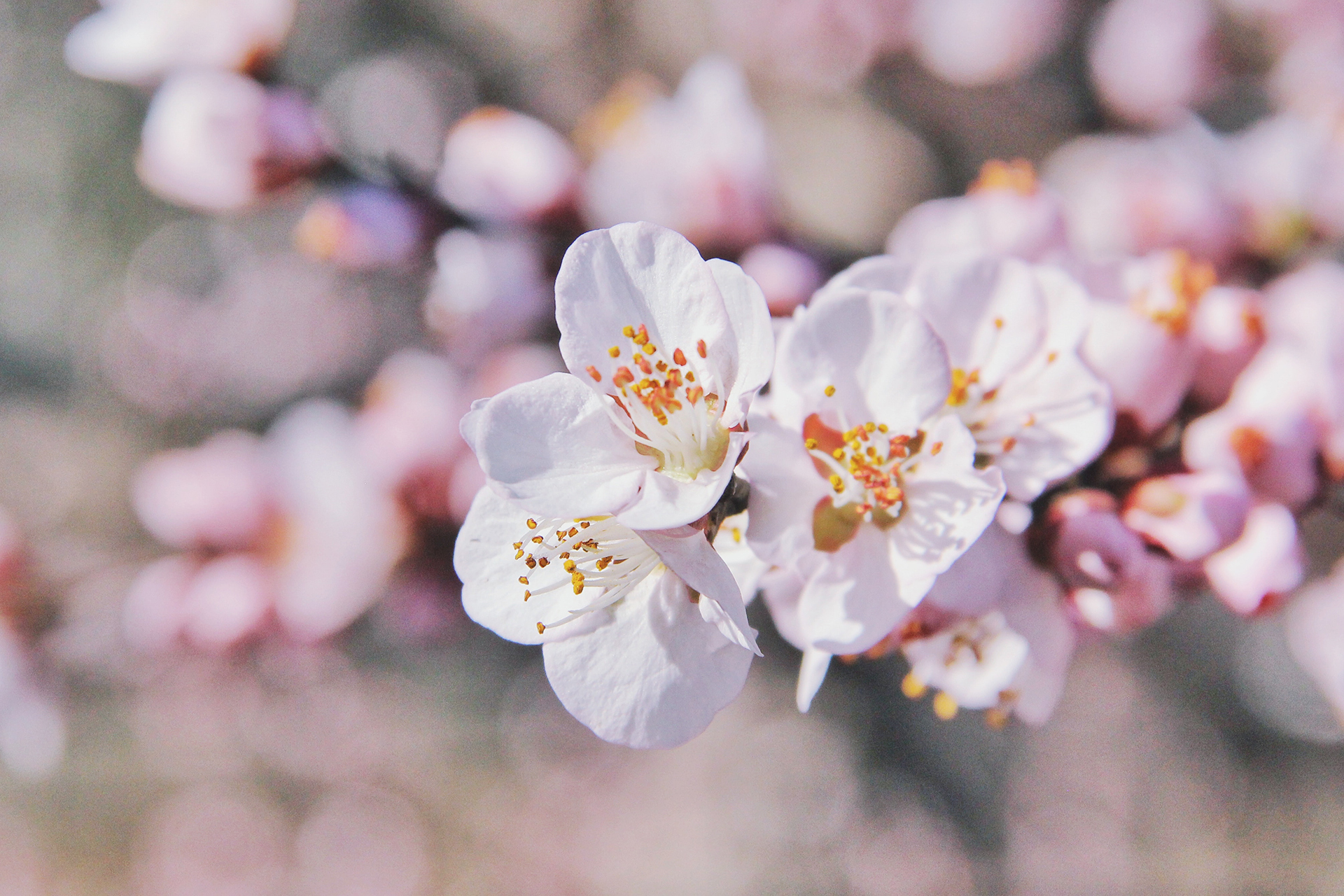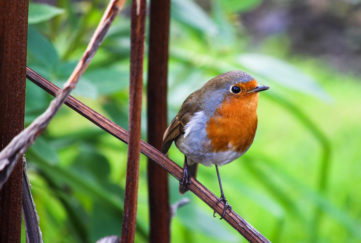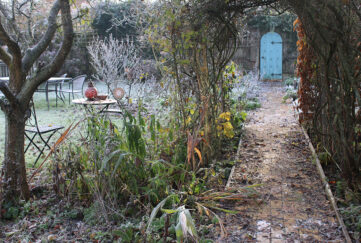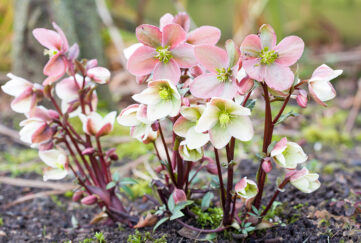8 Ways To Make Your Garden Bee-friendly!
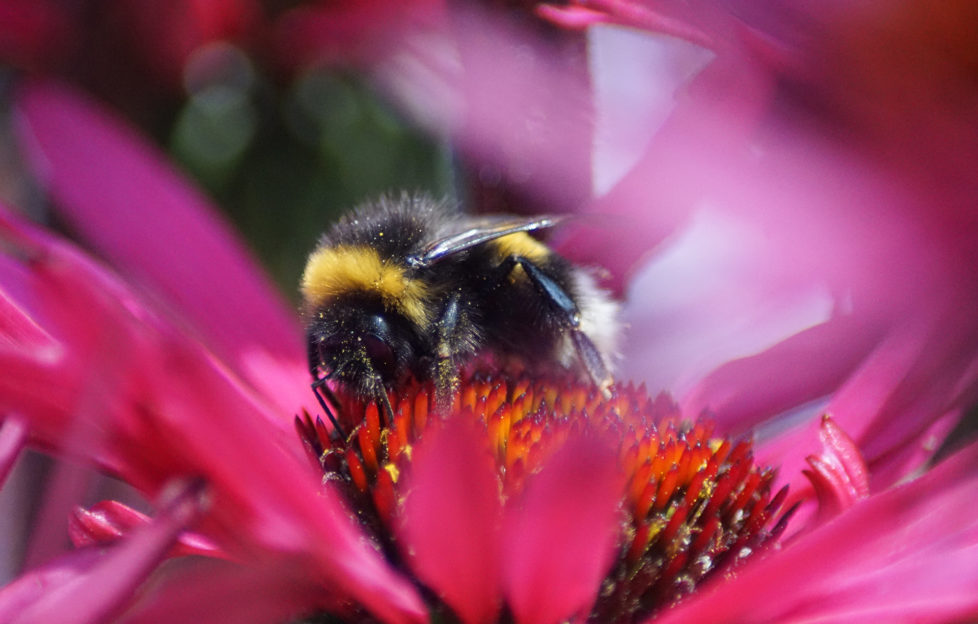
It’s time to stop bumbling around when it comes to protecting the UK’s bee population. There are around 270 species of bee in the UK and they have a huge role to play in pollinating the UK’s plants, helping them to grow, breed and produce food. The pollination effects of bees and other insects are believed to be worth £691 million to the UK’s food industry, but our fuzzy friends are struggling to survive.
Recent research has found that due to environmental damage including habitat loss, climate change and the use of pesticides, 17 species of bee have become regionally extinct in the east of the UK, with a further 25 species at risk. So what can you do to help?
Offering those fuzzy pollinators a place to find food and rest could make a huge difference and prevent further species from dying out. The UK’s largest independent online florist, Serenata Flowers, has compiled a list of eight flowers that you can plant to attract bees and make your green space pollinator-friendly. Whether you have the biggest garden or the smallest window box, try planting a few of these flowers to do your bit . . .
1 Crocus
These tiny flowers are often one of the first to push through the snow each year, as spring arrives, and are a fantastic source of food for bees during the colder months of early spring. Honeybees mix the fresh pollen with honey to create bee bread which they then take back to the hive to feed the colony.
2 Lavender
We’re not the only creatures that enjoy the pretty purple colour and relaxing scent of lavender – bees have been found to love it, too. Create a window box display centred around lavender to attract pollinators and as a bonus you’ll get a refreshing burst of scent every time you open the window. This hearty plant should return to flower each year and is incredibly low maintenance.
3 Sunflowers
These dramatic flowers are a timeless classic and will add an iconic look to your garden whilst creating a feast for the local bees. Sunflowers can grow to enormous heights and act like a beacon for buzzing bees who can’t get enough of their delicious nectar and pollen. What’s more, once the flower is finished blooming you can save the seeds for planting later or add some to your dinner.
4 Zinnias
Zinnias are a honeybee’s favourite food. Low to the ground and often found in an abundance of colourful wide petalled buds, these flowers are sure to attract bees to your garden. Blooming in the late summer and early autumn these pretty flowers will add some delightful colour to your garden in the late season and keep the bees returning for months.
5 Echinacea
Offering a huge landing pad these flowers attract bees in their dozens and, unlike many flowers, this pretty species keeps producing large quantities of nectar all through the day. The bright colours add an extra attraction for our buzzing friends and will keep your garden looking vibrant. These plants can survive very cold winters making them the ideal bee attractor for a British garden.
6 Iris
Other excellent choices for a bee-friendly environment are irises. Their beautiful purple and white colouring helps them stand out against foliage and attract bees. These pretty little flowers can flourish in shallow soil and even in light shade, making them the ideal balcony plants or perfect for gardens that have limited hours of sunlight, such as gardens in built up areas.
7 Rosemary
Some may be surprised to learn that before it ends up on the shelf in supermarkets this popular herb grows small purple blooms, which bees can’t get enough of. This delicious smelling plant makes a great addition to window boxes, so those with even the smallest amount of space can do their part to help the bees. As it flowers all year round this lovely little plant provides a great snack for bees throughout the year.
8 Apple Blossom
If you are lucky enough to have an apple tree in your garden, you may want to spend some time observing which insects stop by for a visit whilst it’s in bloom – you might be in the presence of royalty. Apple Blossom is the favourite flower of queen bees, the bees responsible for laying eggs and keeping the population thriving. Enjoy the spring months trying to spot the royal visitor as she stops for her lunch.
Lucia Polla, marketing manager at Serenata Flowers, comments: “Bees are a crucial part of our eco system and we should be doing everything we can to support them, whilst they carry out their important job of pollination. A simple window box with some easy-to-grow herbs like rosemary or a small planter to nurture irises can offer a tasty lunch spot for a busy bee and enable them to keep doing the great work they do.”

